
International Horse Movement for Competition
Dr. Graeme Cooke, FEI veterinary director, discusses how we can better facilitate movement of horses for international competition while preventing the spread of disease.


Dr. Graeme Cooke, FEI veterinary director, discusses how we can better facilitate movement of horses for international competition while preventing the spread of disease.
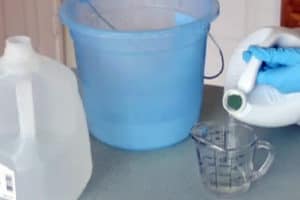
Dr. Brandy Burgess of Colorado State University describes how to select a disinfectant to protect horses from infectious disease agents, based on organic material present, surface type, and disinfecting goals.

Dr. Josie Traub-Dargatz of Colorado State University describes using quarantine, designated equipment, and other measures to avoid disease spread among a population when a new horse arrives at a barn or returns from a show or event.

Dr. Megan Green, field veterinarian for Merial Limited, describes why FDA approval is important for horse owners and how they can determine if a drug’s approved.

Dr. Erica McKenzie of Oregon State University, and an Ironman triathlete, shares what exercise physiology research in humans and dogs can tell us about our horses.
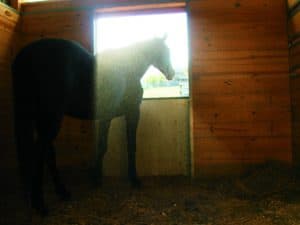
Learn about a yearlong study using corticosteroids and antigen avoidance to treat recurrent airway obstruction (RAO, heaves) from Dr. Mathilde Leclere.
Researchers are seeking healthy, client-owned horses to take part in research on equine respiratory disease.

Horses with botulism often present as if they are colicking. Here is how to tell the difference.
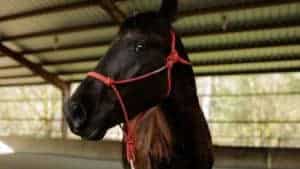
Meet Q, a Rocky Mountain Saddle Horse that survived proliferative enteropathy caused by Lawsonia intracellularis.

Neonatologist Dr. Christine Gleason of Seattle Children’s Hospital talks about the similarities between human babies and foals and lessons the two fields can learn from each other.
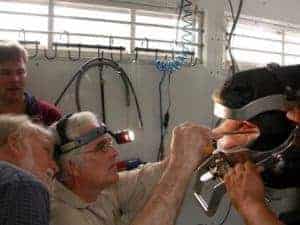
Get your questions answered and learn about the latest advances in horse dental care in this live event.

Dr. Sarah Reuss of the University of Florida College of Veterinary Medicine describes the special care equine internal medicine specialists offer horses and their owners.

Dr. Scott Palmer explains how vital signs are used to monitor racehorses during and after training.
Discussion topics will include techniques for evaluating hay, forage alternative options, and more.
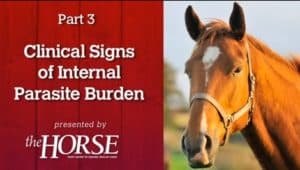
Internal parasites can make a horse unthrifty and cause poor hair coat, digestive issues, and even colic. Learn about these and other clinical signs of a wormy horse from Dr. Steve Sundholm of Equus Veterinary Service in Oregon City, Ore.

Dr. Erica McKenzie of Oregon State University shares the horse breeds and diseases associated with tying up.
Stay on top of the most recent Horse Health news with